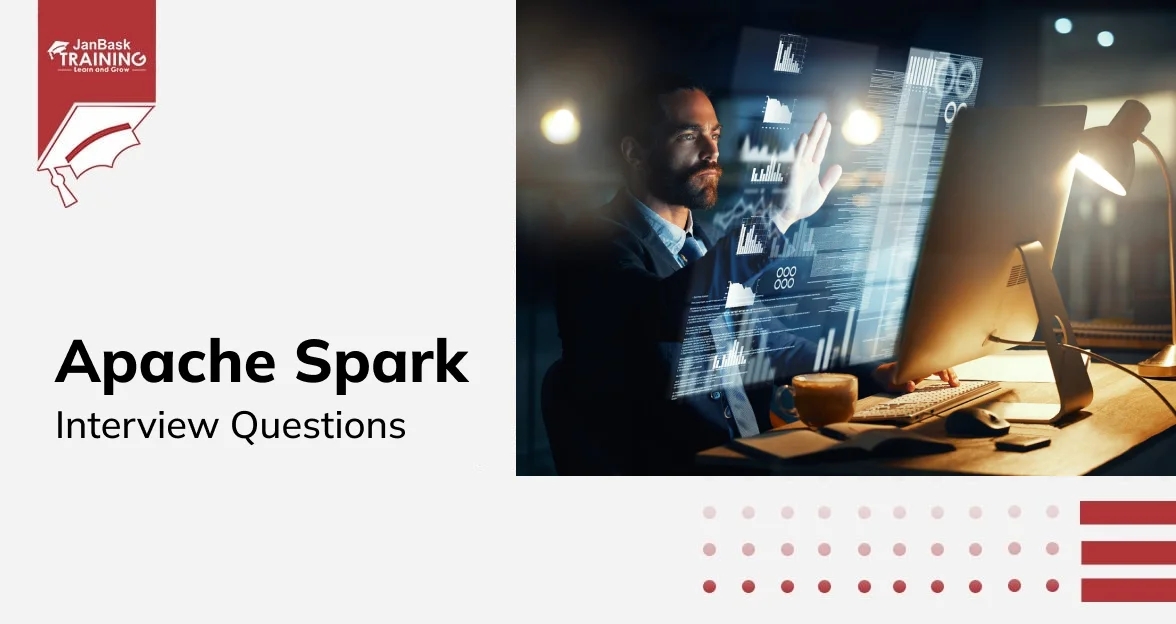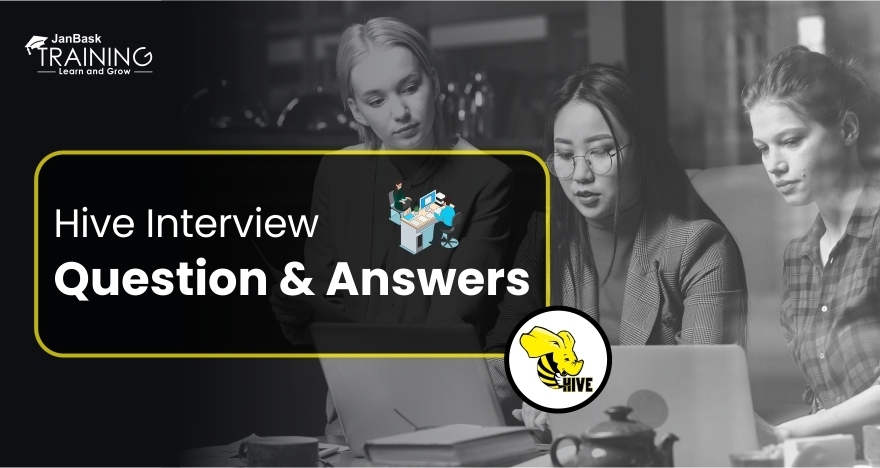 Grab Deal : Upto 30% off on live classes + 2 free self-paced courses - SCHEDULE CALL
Grab Deal : Upto 30% off on live classes + 2 free self-paced courses - SCHEDULE CALL

 Grab Deal : Upto 30% off on live classes + 2 free self-paced courses - SCHEDULE CALL
Grab Deal : Upto 30% off on live classes + 2 free self-paced courses - SCHEDULE CALL

Kafka is an open-source message broker project that is written in Scala programming language and it is an initiative by Apache Software Foundation. The product got popular over time and today it has become one of the leading data processing tools of choice. The reason for the popularity of Kafka is a unique set of features that make it the most suitable choice for data integration. The extensive throughputs and low-latency features make Kafka capable of handling data feeds in real-time. Some of the most highlighting features of data integration tools include – data partitioning, scalability, low-latency, high throughputs etc make it an excellent fit for data integration related use-cases. The popularity of Kafka is the reason why the product has a plethora of job options and career prospects around the tool. Adding Kafka skills to your resume is the perfect way to excel in your profile.
If you are looking to attend a Kafka interview recently, here are the most popular Apache Kafka interview questions and answers to help you in the right way. If you have more interesting ideas then don’t forget to add more questions in the comment section as per your experience.
For the person looking to attend a Kafka interview recently, here are the most popular Kafka interview questions and answers to help you in the right way. Here, we have included the top frequently asked questions with answers to help freshers and the experienced.
Ans:- Kafka is an open-source message broker project that is written in Scala programming language and it is an initiative by Apache Software Foundation. A unique set of features make it the most suitable choice for data integration and one of the leading data processing tools of choice.
Ans:-Some of the most highlighting features of Kafka that make it popular worldwide includes – data partitioning, scalability, low-latency, high throughputs etc. These features are the reason why Kafka has become the most suitable choice for data integration and data processing in the real-time.
Ans:-Messages are stored in partitions and assigned a unique ID to each of them for quick and easy access. That unique number is named as the offset that is responsible to identify each of the messages in the partition.
Ans:-Zookeeper is used to store offset values of messages. There is no alternative to Zookeeper in Kafka. In case, Zookeeper is down then this is not possible to serve any of the client requests.
Ans:-Every partition in Kafka has one main server that is named as “Leader” and one or more non-connected servers that are named as the “Followers”.
Ans:-A Consumer group is made up of one or more consumers that together subscribe to the different topics and fetch data from the brokers.
Ans:-Every partition in Kafka has one main server that plays the role of a leader and one or more non-connected servers that are named as the followers. Here, the leading server sets the permission and the rest of the servers just follow him accordingly. In case, the leading server fails then followers take the responsibility of the main server.
Ans:-Yes, these techniques are queuing, and publish-subscribe. However, Kafka generalizes both of the techniques through consumer groups.
Ans:-Kafka products are more scalable, faster, robust and distributed by design.
Ans:- Broker and server have the meaning in Kafka.
Ans:-It is approx. 1000000 bytes.
Ans:-Well, it is an interesting and advanced concept in Kafka. If the consumer is located in a distant location then you need to optimize the socket buffer size to tune the overall throughput of a remote consumer.
Ans:-Replicating messages is a good practice in Kafka that assures that messages will never lose even if the main server fails.
Ans:-No, we cannot do that.
Ans:-Both products are used to process data in the real-time but Kafka is proven more scalable and ensures durability.
Ans:-A producer API exposes the functionalities of all producers through a single API to the client.
Ans:-If there are not enough servers added for load balancing, there comes a situation of queue fullness.
Ans:-Yes, I know. To initiate the Kafka server, you need to initiate the Zookeeper server first then you could fire up the Kafka server.
Ans:-Kafka product is based on a distributed design where one cluster has multiple brokers/servers associated with it. The ‘Topic’ will be divided into plenty of partitions to store the messages and there is one consumer group to fetch the messages from brokers.
With the rising demand for Apache Kafka, you will have plenty of job opportunities with the companies of your dreams, so don’t stop looking & trying. We hope this blog on Kafka interview questions would have given you some insight into what kind of questions you might face. The Kafka interview questions listed here will surely improve your chances so prepare them well and cement your chances of starting a successful Apache Kafka career.
If you are looking for more detailed insight into Kafka related jobs, you can reach out to our career consultants to strengthen your Kafka skills and apt career guidance!
We’d love to hear more Kafka Interview Questions in the comments section, so drop us a comment if you have attended any Kafka interviews!

Apache Spark Interview Questions and Answers for 2024

Hive Interview Question And Answers

Splunk Interview Questions and Answers

HBase Interview Questions And Answers

Cyber Security

QA

Salesforce

Business Analyst

MS SQL Server

Data Science

DevOps

Hadoop

Python

Artificial Intelligence

Machine Learning

Tableau
Download Syllabus
Get Complete Course Syllabus
Enroll For Demo Class
It will take less than a minute
Tutorials
Interviews
You must be logged in to post a comment